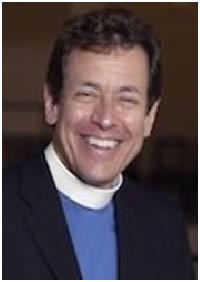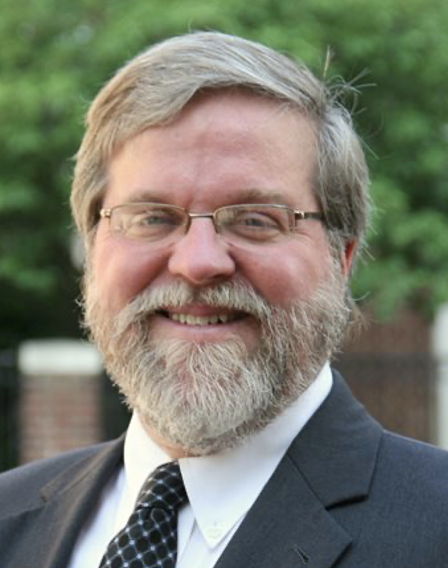
COVID-19 has presented unexpected challenges at every level of society and the church has not escaped. Exactly what the church will look like after we are able to talk about the pandemic in the past-tense is difficult to say.
Until in-person is possible again without any kind of limitations, it is impossible to be sure how many people will return on a regular basis. But it is possible to be a bit clearer about the lessons we have learned so far and the ways in which we might respond.
As a catalyst to that effort, I would offer the following observations:
One: It should be clear that the life of the church is about the healing of relationships.
There is nothing wrong with programs, as such. But one of the things that became immediately obvious with the spread of Covid-19 was the extent to which we had become dependent upon them. But programs were never an end in themselves. By definition the work of the church is the healing of relationships: the relationship of people with their God and with one another – which is another way of defining what it means to be “saved.” In the wake of Covid-19, one thing that we can do is to consider how we move that work back into the center of our efforts, both as the focus of and the metric by which we measure the activity that shapes the church’s life.
Two: It should be clear that “we’ve always done it that way” is no reason for doing anything.
Too often – either in the name of control or in the name of conflict avoidance – we have continued activities that no longer served the needs of Christ’s body. Covid-19 put a hard stop on languishing activities that no one had the heart to discontinue. Something of the urgency and clarity of judgment that shaped our decisions should continue to shape our judgment in the future. We need to die to old routines that we repeat, simply because they have been a part of our calendars for years on end.
Three: Many of the on-line efforts that we have made during the pandemic should find a place in the work that we do when it is over.
Many of our churches lacked any defined effort to reach people remotely, in spite of the ways in which technology has changed our world. Websites were clunky and uninviting, if they existed at all. Worship and formation were only accessible to people who could attend, and those possibilities were further limited by geography. Covid-19 forced us to innovate. We connected in new ways. We connected with new people. We need to fall forward, not backward, finding new ways to retain those forms of ministry.
Four: Far too often our measure of success was attendance.
That became impossible during the pandemic and difficult to track. Attendance can definitely tell us something about our communities, but it isn’t the only measure of vitality and – by itself – it is certainly not the best measure of vitality. There are far more important considerations.
Five: One of the most important considerations is a robust sense of spiritual community.
The church is the body-life of Christ, a place where we grow and mature in our relationship with Christ and with others. It is there that vitality lies. If that is what we were missing during the pandemic and that is what we sought to recover, then we are on the right path. If it is not, then the end of the pandemic will not solve that problem for us.
And “getting back to normal” will not necessarily be a good thing.


